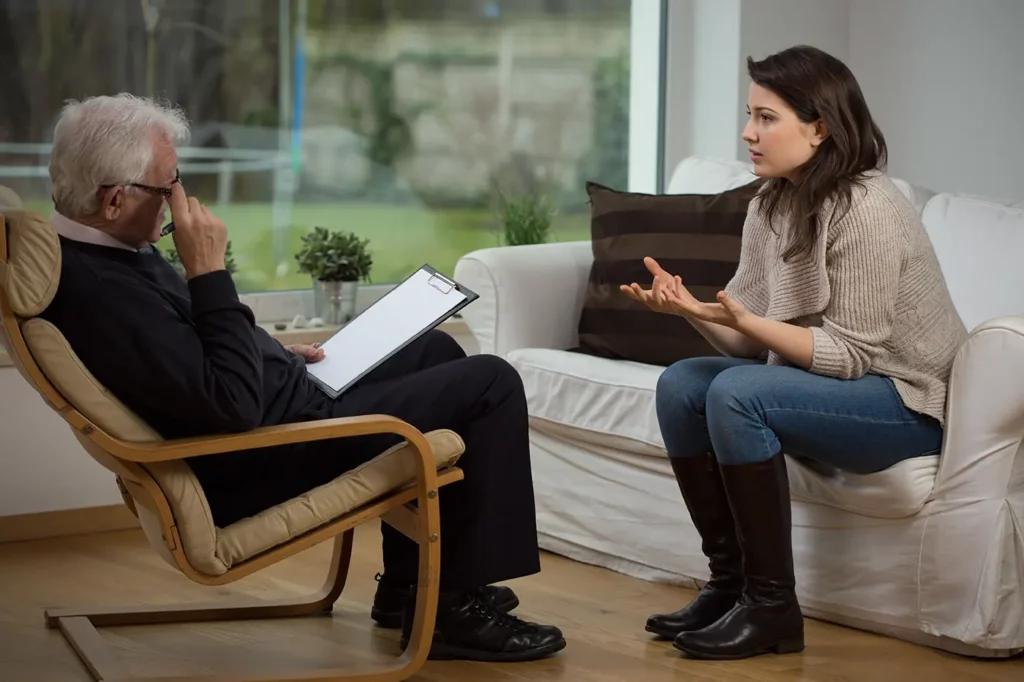24/7 Helpline:
(866) 899-221924/7 Helpline:
(866) 899-2219
Learn more about Group Therapy centers in Newburgh
Group Therapy in Other Cities

Other Insurance Options

Carleon

Group Health Incorporated

WellCare Health Plans

Private insurance

CareSource

UnitedHealth Group

AllWell

Providence

Magellan Health

Ceridian

Evernorth

Sutter

BHS | Behavioral Health Systems

Anthem

Meritain

Holman Group

United Health Care

Premera

Self-pay options

MVP Healthcare

RECAP – New Life Manor
RECAP - New Life Manor offers a sober living facility for those men recovering from substance abuse....

Restorative Management Outpatient 2
Restorative Management Outpatient 2 is a private rehab located in Newburgh, New York. Restorative Ma...

Newburgh Family Counseling
Newburgh Family Counseling is a private rehab located in Newburgh, New York. Newburgh Family Counsel...

Youth Advocate Programs – Orange County
Youth Advocate Programs is a counseling clinic located in Newburgh, NY. Youth Advocate Programs spec...

Renwick Recovery
Renwick Recovery is a private rehab located in Newburgh, New York. Renwick Recovery specializes in t...







Belvedere Health Services – Outpatient
Belvedere Health Services – Outpatient is a private rehab located in Newburgh, New York. Belvedere H...

Orange County Mental Health – Family Clinic
Orange County Mental Health – Family Clinic is a public rehab located in Newburgh, New York. Orange ...

Dynamic Center
Dynamic Center is a private rehab located in Newburgh, New York. Dynamic Center specializes in the t...


